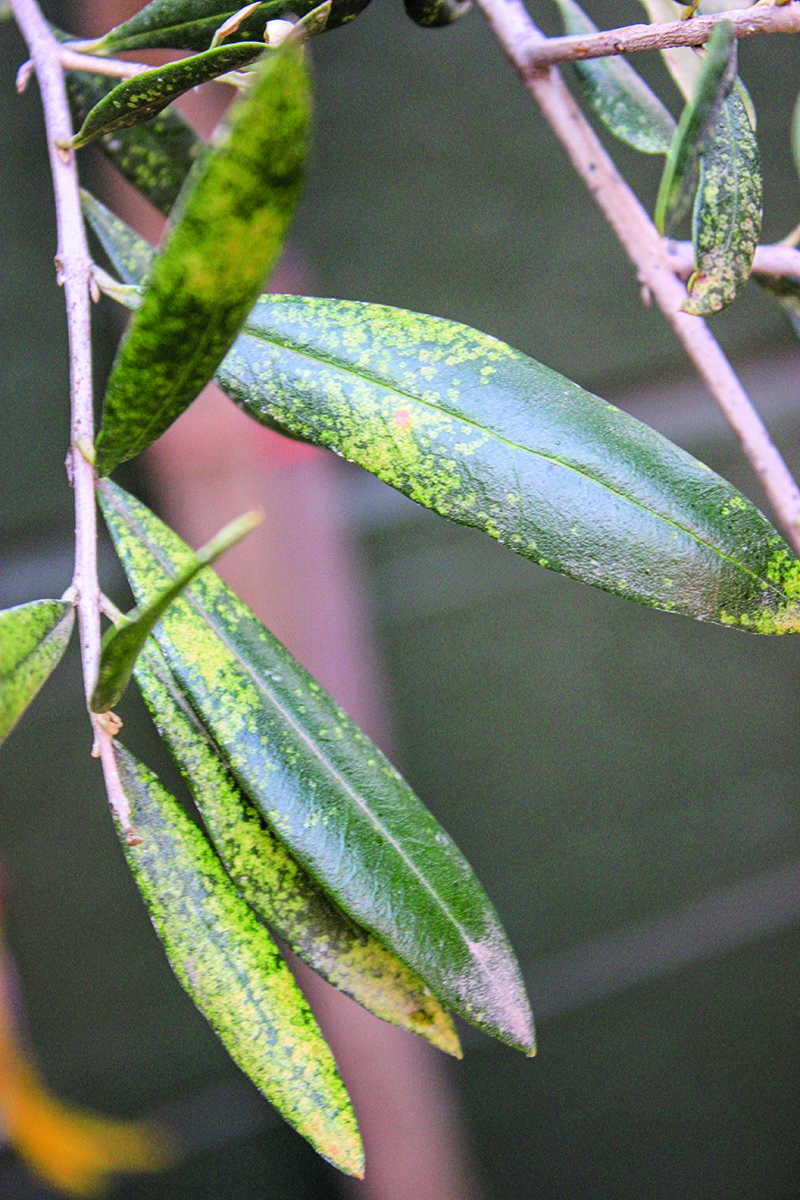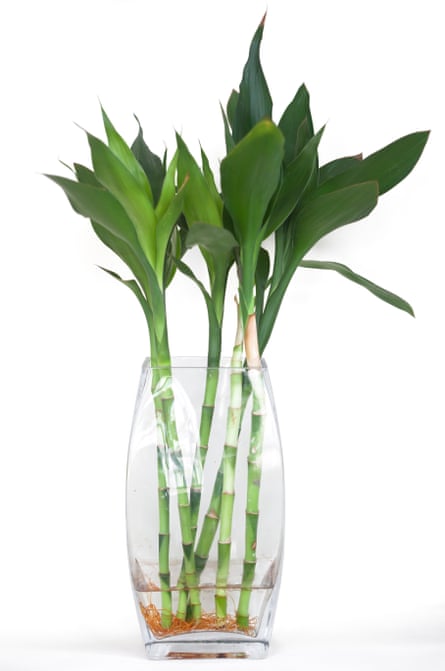Start with some basics like rosemary, basil, and mint. All are easy to grow and all smell amazing!
DENVER – In the middle of winter I need something to lift my spirits. Indoor herb garden is a perfect solution.
If you are a novice gardener or have tried unsuccessfully to grow things inside, I recommend starting with an actual plant rather than starting something from seeds.
By starting with an actual plant, you already have herbs to use in cooking, and I want you to feel more successful as you start your gardening adventure.
Local garden centers should start carrying herbs, so now is the time to start looking for them. Start with some basics like rosemary, basil, and mint. All are easy to grow and all smell amazing!
Here are my tips for starting your herb garden
Light is the most important thing for growing herbs indoors, and it can be the most difficult to get it right. For the most part, herbs need at least six hours of full sun, and a sunny window is the easiest solution. But if you’re like me and your kitchen windows are facing north, you’ll need to add extra light.
I have a grow light with a bracket so I can move it around and place it anywhere I need it. It was an easy and important investment. You don’t need a sophisticated system.
RELATED: Proctor’s Garden: Navigate Your Local Garden Centers
Indoor or outdoor, my plants have different watering needs than yours. The amount of light, the type of soil, and the size of the container will all affect the watering needs of your herbs.
Don’t wait for your basil to dry out and wither, it will only put a strain on your plant. Instead, either test the soil with your finger to see how moist the soil is, or invest in a soil moisture meter. This will also help prevent you from overwatering and drowning your plants.
Make sure your pot has a drainage hole and saucer, whether you’re starting with seeds or transplanting a plant into a pot. Use good potting soil. It should not contain pieces of wood or other fillers, but rather be light and loose so that the roots or emerging seedlings are not suffocated.
When placing your herbs on a windowsill, keep in mind that this time of year our windows get cold and this affects your herbs, especially basil. If you have to, just move your plants away from the cold window at night or during our next polar vortex.
If your herbs develop an insect problem indoors, don’t panic. Aphids and spider mites are the most common offenders, and they’re easy to knock off with a quick, cool jet of water from your faucet.
If you suspect another type of nasty bug, contact your local garden center for safe, organic insect control so that the herbs you then eat don’t contain harmful synthetic chemicals.
RELATED: Proctor’s Garden: Beginning of Winter Sowing
When cutting your herbs, be careful not to cut more than 1/3 at a time. You want the herbs to stay compact and bushy, but you don’t want to give them a heavy haircut that will stress them out or stunt their growth.
Once the weather warms up and spring rolls around, I move all of my herbs outside because that’s where they really want to thrive.
RECOMMENDED VIDEOS: Mile high mornings









